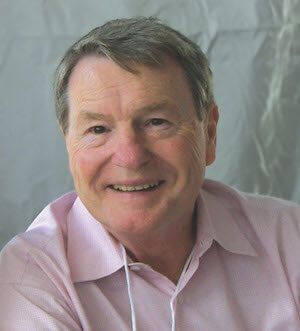Lehrer began his career as a newspaper reporter in Dallas, where he covered the assassination of President John F. Kennedy. In 1973, he partnered with Robert MacNeil to cover the Senate Watergate hearings for PBS. Together, they launched their long-running
“MacNeil/Lehrer NewsHour” news program on PBS. It later became “NewsHour,” which Lehrer hosted solo from 1995 until his retirement in 2011.

Originally known mainly to PBS viewers, Lehrer became one of television’s most familiar faces by moderating presidential debates, starting in 1988 with the first between Vice President George H.W. Bush and Gov. Michael S. Dukakis of Massachusetts,
and continuing in every presidential campaign through 2012, the campaign between President Obama and former Gov. Mitt Romney of Massachusetts.
He won numerous Emmys, and he and MacNeil were inducted into the Academy of Television Arts and Sciences Hall of Fame in 1999. Lehrer also wrote several books and plays and three memoirs. His most recent book, "Top Down," was a novel that explored issues
surrounding the assassination of President Kennedy.
In 2014, Lehrer delivered the 2014 2014 Wilson W. and Anne D. Wyatt Lecture. In his lecture, titled "It Could be Worse,” he urged journalism students to focus on civil discourse.
“There is a meanness in the country today,” he said. “There will be – and must be – differences of opinion in our democratic society. We must better our civil public discourse.”
Lehrer said most inflammatory stories could be traced back to the rise of new media. He said bloggers and comedians have taken on the role of journalists but with one exception that Lehrer repeated several times.
“Bloggers are commentators … TV personalities are reactors … Comedians are entertainers – they are not reporters,” Lehrer said. “I am not in the entertainment business.”
Lehrer added that regardless of how popular commentators become, journalists must report the news. “Journalism isn’t always going to give people the story they want to hear, but that’s not the point of journalism. [The point is] reporting
the world the way it is,” he told the audience.
“Wake up, and go raise hell,” he told student journalists. “It is our God-given right to raise hell.”